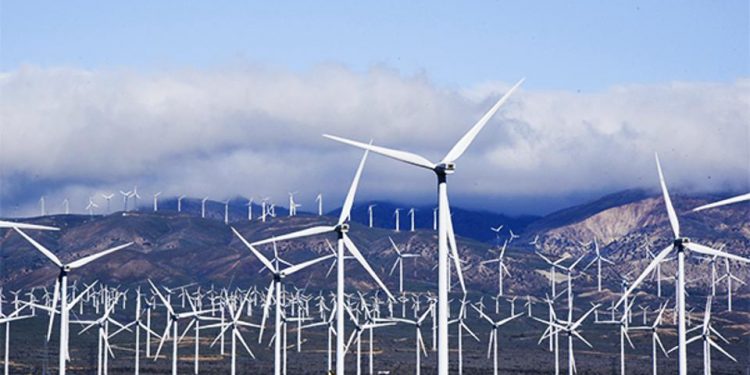Sanna Marin
Climate change and biodiversity loss are the most pressing challenges of our time, so all responsible political leaders must offer long-term policies for confronting them effectively. We need clear strategies based on achievable targets, and we must be bold in deploying all means at our disposal. In particular, any credible climate strategy must take proper account of technological innovation.
With the goal of becoming climate neutral by 2035 and carbon negative (removing more atmospheric carbon than is emitted) soon thereafter, Finland’s climate targets are among the most ambitious in the world. My country aims to be a leader among advanced economies, not just in terms of emissions reductions, but also by ushering in a circular economy focused on sustainability and the elimination of waste. Our plan is to double our resource efficiency and circularity rate (the percentage of all material that is fed back into the economy) by 2035.
These are the key benchmarks on our path to becoming the first country to liberate itself from fossil fuels. But achieving climate targets is not possible without better methods of preserving our valuable natural resources. Scientific discovery, new technologies, and innovation will play a central role in any long-term solution.
But, first, all national leaders must examine more closely how they intend to move their countries away from fossil fuels. The focus should be on increasing the use of fuels and energy sources that do not compromise biodiversity. We must encourage uptake of fuels that adhere to strict sustainability criteria and reduce emissions throughout their lifecycle.
For example, the byproducts of biomass fuels can be used for high-quality sustainable and biodegradable products such as textiles and construction materials, thereby safeguarding biodiversity by reducing the demand for resources harvested from our forests. And ‘Power-to-X’ conversion technologies open the door for a variety of processes that turn electricity into heat, hydrogen, or synthetic fuels.
With more investment and innovation, these technologies could allow us to part ways with coal, oil, and natural gas, by making it possible to produce synthetic fuels from captured carbon-dioxide emissions. Here, one can start with the existing industrial flue gases generated by bio-based industry, cement kilns, and solid waste incinerators. But soon enough, new technologies could be developed to harness less concentrated sources of carbon, such as by collecting exhaust air from office buildings or even by direct air capture (DAC).
Experimentation is already underway. Using hydrogen produced by electrolysis, CO2 emissions from industrial plants and DAC could become a source of synthetic liquid and gaseous fuels for carbon-neutral road, maritime, and air transportation. These methods produce synthetic methanol as an intermediate product, which can then be converted into gasoline, kerosene, and diesel. Strange as it may sound, we are not far from being able to create fuels out of thin air.
These new technologies and processes may start out with a large price tag. But as we’ve seen with solar panels and fuel cells, a technology’s costs tend to plummet as soon as its usage starts to scale up. Moreover, markets for other new climate-friendly technologies are developing quickly, though these vary in depth and scope, depending on the level of government support (through measures such as blending regulations for fuels and carbon pricing).
For example, promising new hydrogen-based technologies will require a massive increase in fossil-fuel-free electricity production in order to achieve scale. But this need can be met by expanding the use of wind and solar power, which are already the least costly options for power generation in many parts of the world.
New technologies will enable a major shift toward sustainably fueled transportation in many developed and developing countries. They will not only allow us to reduce global CO2 emissions, but will also position many industries to become carbon-negative in the future.
But technology will not solve the climate crisis for us. We also need to create the right policy environment. A key component of the green transition will be higher carbon pricing, which requires coordination and support at the international level. Agreeing on sustainable criteria for carbon-market mechanisms would be an important step forward. And governments should do more to support structural changes through regulatory frameworks and financial incentives.
The global transition away from fossil fuels will require a transformational shift in energy production and industrial processes. And even then, much more work will need to be done to develop a genuinely circular and green economy. Different countries will have different needs and advantages. But the best solutions will be the ones that can be scaled up in industrialised and developing countries alike.
The bottom line is that global emissions must peak soon if we want to achieve our emissions-reduction targets and avert future climate disasters. The full suite of promising new technologies will need to be developed, optimised, and deployed globally if we are going to create a fully climate-neutral, circular world economy.
The writer is Prime Minister of Finland. ©Project Syndicate






































